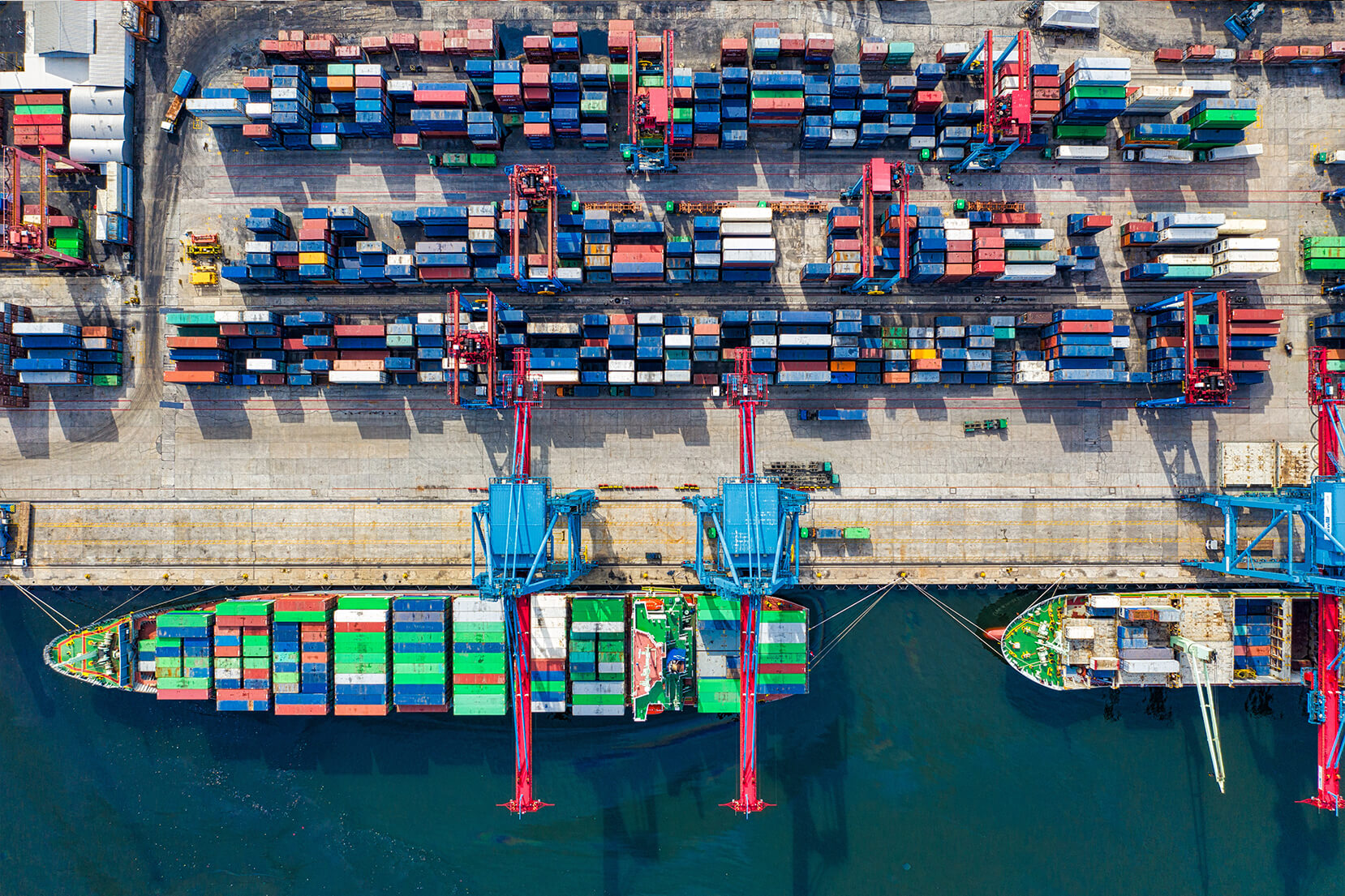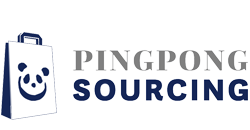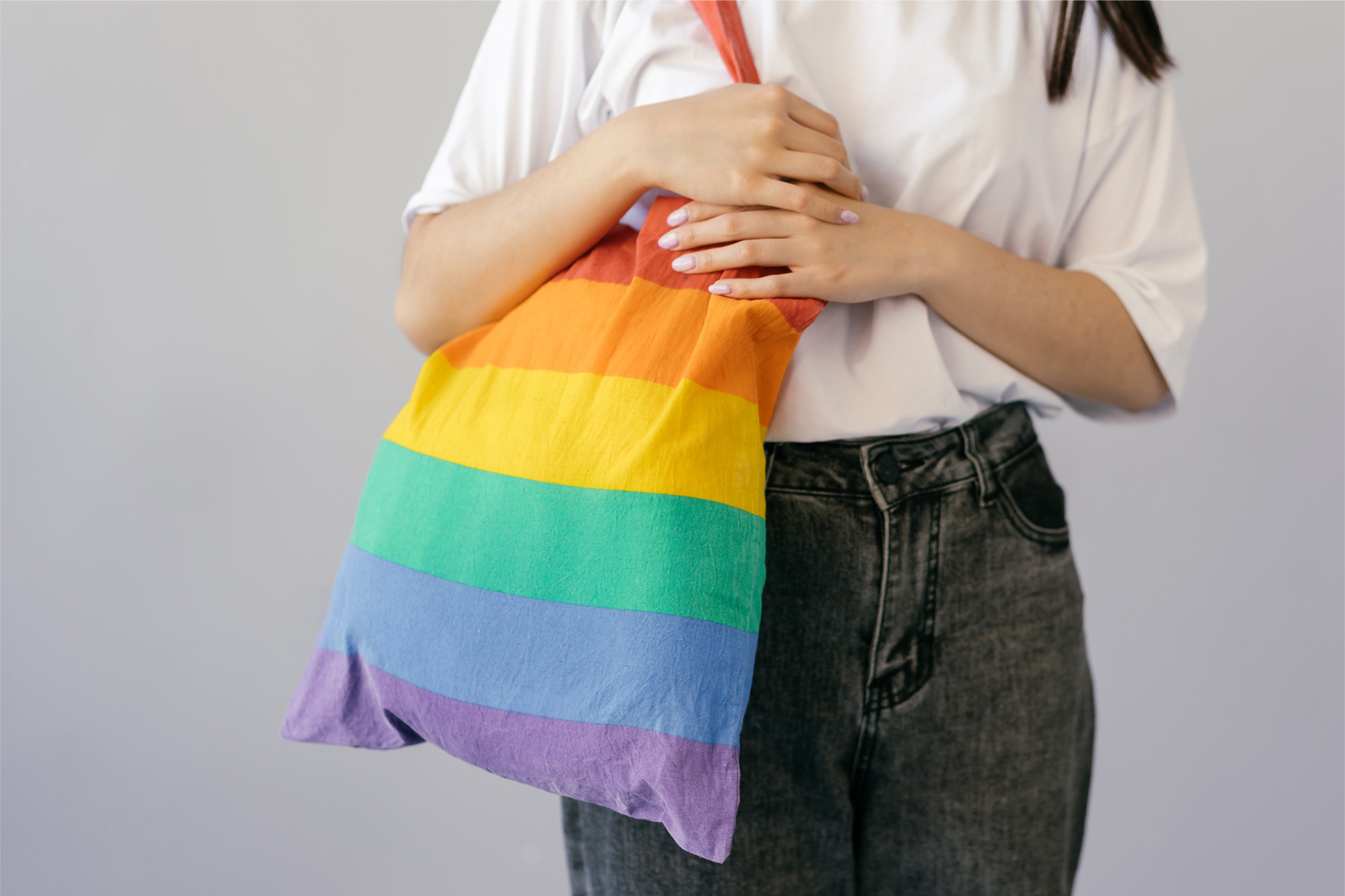4 Key Sources to Bulk-Order Promotional Products in China
Looking to bulk purchase promotional products from China? You’ve got options. In this article, we explore four key sources for purchasing promotional products in China — factories, sourcing agents, trading companies, and freight forwarders — each with its advantages and disadvantages. Understanding these sources for purchasing promotional products is essential for your promotional efforts. Let’s dive in.
Table of Contents
Factories
Factories are one of the primary sources for purchasing promotional products in bulk. They either produce from raw materials or assemble parts to create finished products. They usually supply to wholesalers, distributors, and trading companies.
Over the years, industrial clusters have formed in various parts of China. Factories, wholesalers, and freight forwarders stay short distances from each other. For this reason, the cost to produce and distribute has been kept low.
Take some products for example.
Apparel is produced in eastern/southern China (Jiangsu, Zhejiang, and Canton provinces). Home appliances and kitchenware are produced in southern China (Canton province). Bamboo-related products are produced in eastern China (Zhejiang and Shandong provinces). Most lighting products are produced in Zhongshan, Canton.
Since the late 1990s, Yiwu has gradually become the hub for affordable general merchandise and one of the key sources for purchasing promotional products. Here, manufacturers, wholesalers, sourcing agencies, and distributors thrive.
Advantages of Factories
1. Cost
Quality and value are essential when sourcing promotional products. The more you order, the lower the unit cost. Factories offer the best prices for large orders, making them a top choice among sources for purchasing promotional products.
Wholesalers and distributors almost only buy from factories. They also spend tremendous time expanding their factory outreach.
2. Customization
Factories are specialized in the products they produce. They are knowledgeable in the technology and process. They are also well-equipped to make samples.
You can create custom promotional products and packaging with the help of a factory. To do so, you need to show them that you have the potential to place large orders in the future.
Disadvantages of Factories
1. High MOQ
Most factories only respond to large order inquiries because of the high MOQ they set. For example, MOQ of 10,000 pairs of gloves, 200 cartons of winter beanies, or a half-container load of practice golf balls.
2. Slow Turnaround Time
How fast will a factory respond to your inquiry? It depends on the order quantity, among other factors.
Unless you have a big-ticket order inquiry, the chance for you to hear back from a factory is slim to none.
On the other hand, if you can show the potential to place large orders, a factory is likely to reply between 8 to 48 hours. Or, if the factory is a start-up or having a clearance sale, they will respond quickly.
3. Miscommunication
Communication with factories can make or break a deal.
In the past, there were many complaints about miscommunication with a Chinese factory regarding products, packaging requirements and contract terms, etc.
Although AI translation tools have become increasingly accurate, you should use every opportunity to have a voice or video chat, or face-to-face communication. Do they try to fully understand your requirements? Do they make suggestions? In most cases, it helps to have someone on your team with cross-cultural experiences.

Sourcing Agents
Sourcing agents are another vital option among the sources for purchasing promotional products. They can be companies or individuals who help clients contact suppliers, negotiate prices, and coordinate production, quality checks, packaging, and shipping.
Some agents specialize in specific product categories, while others work with general merchandise, including promotional products.
Advantages of Sourcing Agents
1. Fast Turnaround Time
Sourcing agents work flexible hours. They could work around the clock during peak seasons or get by office hours in the off-season.
The general turnaround time of sourcing agents is anywhere between 12 to 48 hours.
Similar to factories, sourcing agents tend to focus on large orders (e.g. $120,000 order amount). Small order inquiries are less important to them and can be ignored at times.
2. Relatively Low Cost
Sourcing agents typically charge a service fee, among other costs, which can be structured in one of two ways:
- A percentage of the product subtotal
- A fee based on shipping expenses
Engaging a sourcing agent is a cost-effective solution for procuring a diverse range of promotional products. They streamline the procurement process by eliminating the need to coordinate with multiple suppliers, decorators, and logistics providers. Additionally, they serve as a dedicated expert who understands your business objectives, product requirements, and unique specifications—ensuring a seamless and efficient sourcing experience.
3. Effecient Communication
Only a small percentage of China-based sourcing agents are international companies. Some are independent agents catering to overseas clients, while others are sourcing offices for global retailers like Walmart and Metro.
Many sourcing agents are local establishments. About 20% to 30% of them speak fluent English and have experience in international trade, so it’s beneficial to seek out these agents.
To assess an agent’s reliability, check their website and social media profiles, watch their YouTube videos, and communicate with them on the phone, via messaging, or by email. This will give you a better sense of their efficiency and trustworthiness.
Disadvantage of Sourcing Agents
Order Quantity
Although sourcing agents are more flexible with MOQ, they tend to focus more on large orders. The higher the order amount, the more commission they make.

Trading Companies
Trading companies are also important sources for purchasing promotional products. They buy a specialized range of products, maintain a stock or a shop, and deliver them to customers.
Advantages of Trading Companies
1. Flexible Order Quantity
Trading companies have a lower MOQ than factories Now amid a post-COVID economy, they have to further reduce it to compete with e-commerce.
2. Fast Turnaround Time
Trading companies are usually quick to respond to inquiries, especially those registered as U.S. suppliers on ASI and SAGE. Most of them have staff working night shifts throughout the year to answer customer calls and reply emails. This way, the company literally operates around the U.S. time to give the impression that it is a U.S. business.
The first response takes 15 – 60 minutes. Then there will be a 6 – 12 hour lapse when the product manager goes through internal processes before sending a full quote.
The long working hours come with a cost of the physical and mental health of the staff. It has indirectly led to the issues with quality and service, and a high staff turnover.
On the other hand, more trading companies are transparent about their China identity and more relaxed about turnaround time. Most of them state the business hours on their websites. Although they do work late on urgent inquiries, they mostly operate around the China time.
In general, expect to hear from them within 6 – 12 hours.
3. Good Communication
Communication with a trading company is oftentimes more productive than with a factory.
They hire staff who are savvy in business communication and customer service.
Check out their website and social media. Watch their YouTube channel. Talk to them on the phone. This helps you have a good understanding of their efficiency and trustworthiness.
Heads up!
Disadvantage of Trading Companies
Cost
The cost of sourcing promotional products from a trading company is high.
The main reason is the price mark-up.
Most Chinese trading companies maintain stock for one-third of the SKUs in the catalogs. For example, when a drinkware dealer handles 100 models of tumblers, it maintains stock for about 30 models. The stocks take up half of the company’s cash reserve.
For this reason, trading companies mark up a lot on the price. Some trading companies also make a hidden profit from the shipping charge.

Freight Forwarders as an Additional Source for Purchasing Promotional Products
Freight forwarders help customers send the goods to their destinations. They usually have business connections with many suppliers. For this reason, sometimes importers ask a freight forwarder to recommend suppliers.
Advantage of Freight Forwarders
Cost
A freight forwarder recommends suppliers to you if you use them to handle shipping.
You will pay a supplier for the products and pay the freight forwarder for shipping. The advantage is that there is no middleman and there is no hidden cost.
Disadvantages of Freight Forwarders
1. Order Quantity
Freight forwarders are more likely to recommend suppliers when you have a large inquiry. The higher your order quantity, the greater incentive for a freight forwarder to connect you with suppliers.
2. Turnaround Time
On average, it takes a freight forwarder 24 to 48 hours to respond to your request.
3. Communication
Communication with a freight forwarder is hit or miss.
Why? Freight forwarders are neither specialized in your product nor experienced in supplier screening. Their focus is to connect you with a supplier and get things moving. In a way, you lose part of the control when you ask a freight forwarder to find suppliers for you.
Conclusion
We have covered four key sources for purchasing promotional products from China,
- Factories
- Sourcing agents
- Trading companies
- Freight forwarders
- Cost
- Order quantity
- Turnaround time
- Communication
As a rule of thumb, here is the average turnaround time,
- Factories: 8 – 48 hours but usually longer.
- Sourcing agents: 6 – 24 hours (PingPong Sourcing), 12 to 48 hours in general.
- Trading companies: 6 – 12 hours.
- Freight forwarders: 24 – 48 hours.
PingPong Sourcing is a sourcing agency in China specializing in promotional product sourcing and customization for distributors. We treat your small and big orders equally.
Also, there has been a growing trend for Chinese trading companies to register in the U.S. as a U.S. supplier on ASI and SAGE. Visit their websites, social media accounts, and YouTube channels to better understand where they are from.

